
|
NCCS Newsletter April 2023
|
|
|
TCCS-12 receives record number of abstracts
|

|
TCCS-12 has received a record number of abstracts – 291! This is almost double the number of abstracts we received for the last conference.
|
The deadline for Early Bird tickets has now been extended to 23 April.
|
|
|
|
NCCS 2022 Annual Report
|
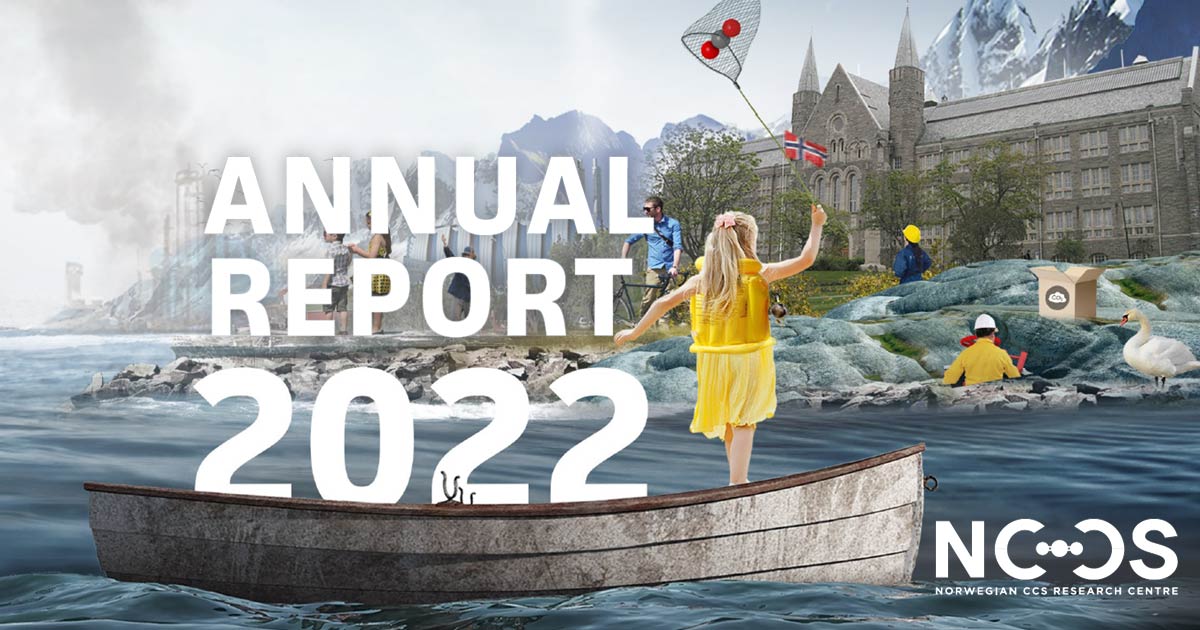
|
NCCS' annual report for 2022 has been published! Find out all about our achievements, developments and updates from the previous year.
|
|
|
|
New research from SINTEF and TU Delft shows that CCS can result in significant CO₂ reductions at a marginal cost
|
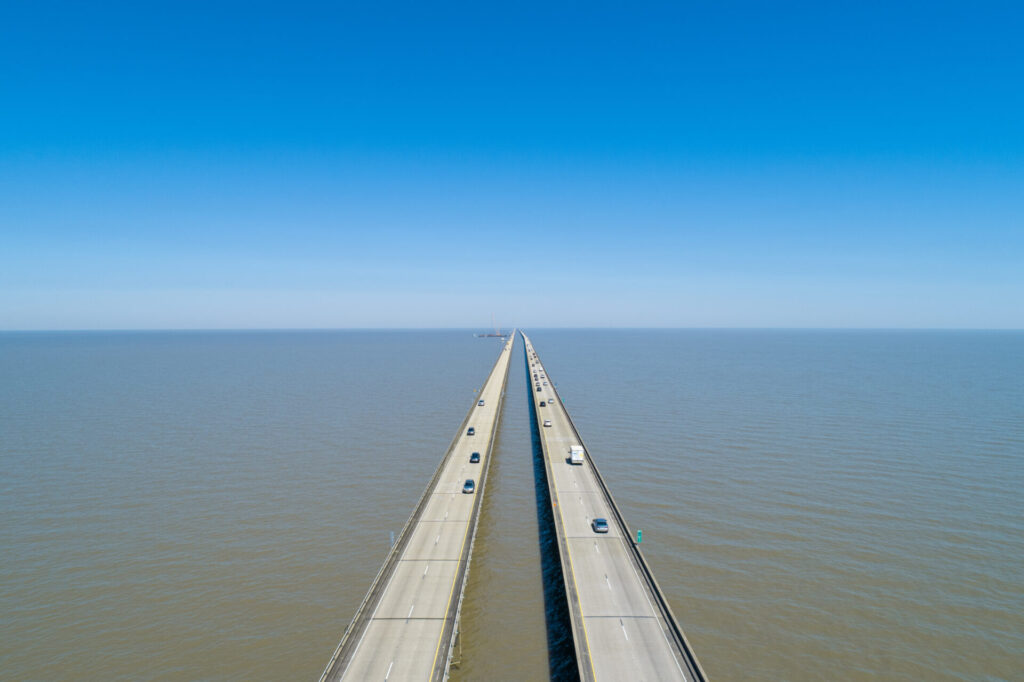
|
Recent research conducted by scientists at SINTEF Energy Research and Delft University of Technology (TU Delft) demonstrates that implementing carbon capture and storage (CCS) in industrial facilities can result in significant CO₂ reductions at a minimal cost to the general public. This work was performed in connection with NCCS.
|
|
|
|
NCCS Board receives new chairperson
|

|
Ola Miljeteig from Equinor has been appointed as the new chair of the NCCS Board.
|
|
|
|
NCCS partners awarded exploration licences for CO₂ storage on the Norwegian continental shelf
|
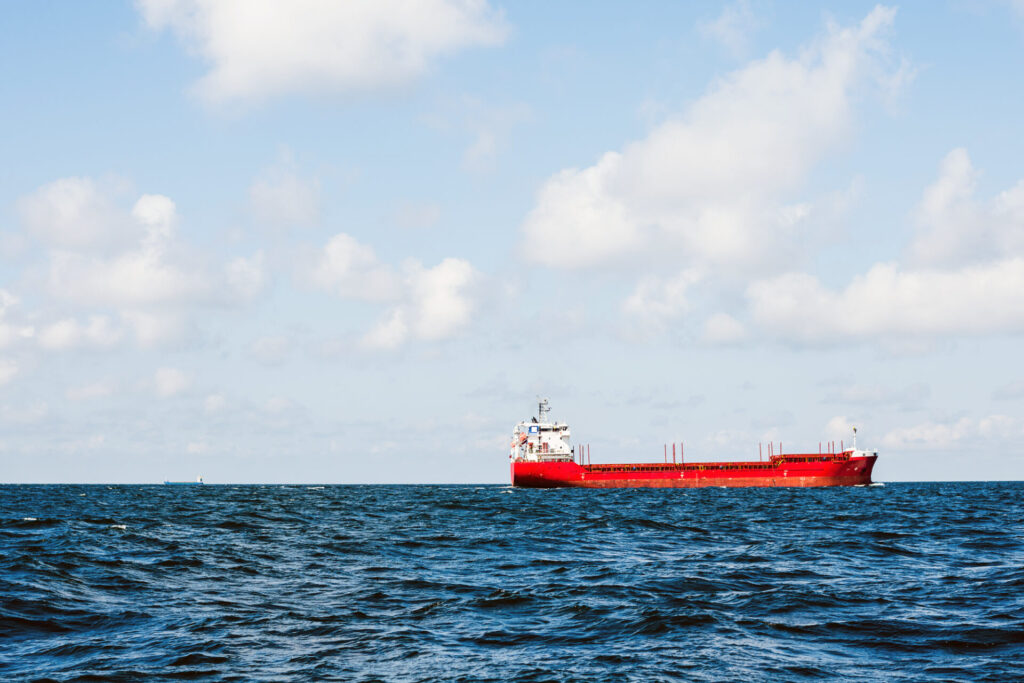
|
On 31 March 2023, NCCS partners Aker BP and Wintershall were among the four companies awarded exploration licences for CO₂ storage on the Norwegian continental shelf.
|
|
|
|
NCCS partners among applicants for permission to store CO₂ in the North Sea
|
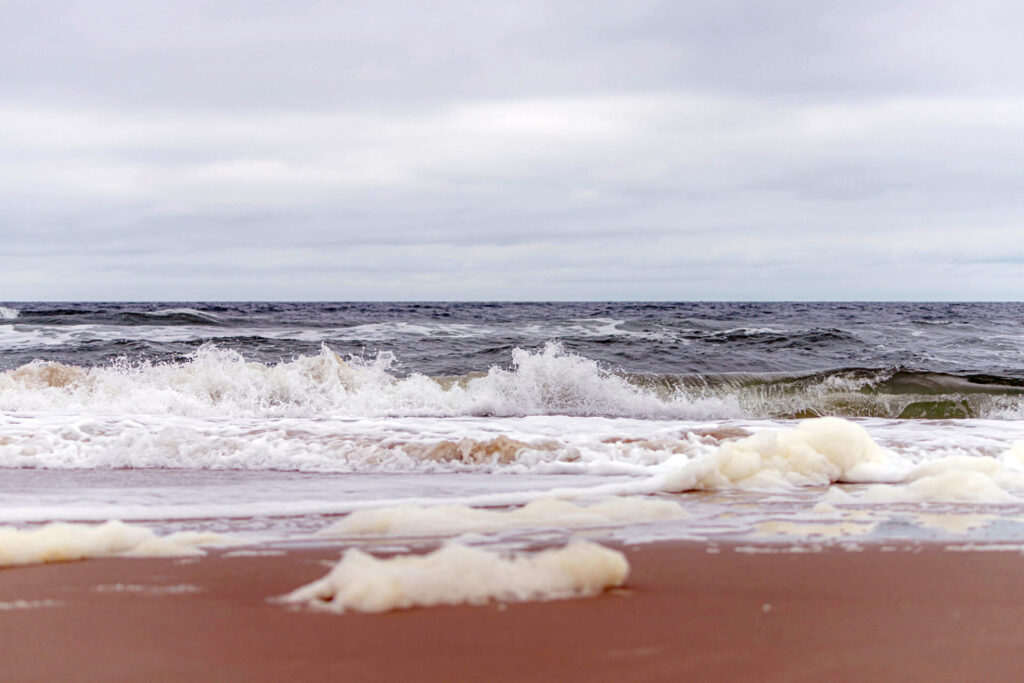
|
On 6 March 2023, the Norwegian Ministry of Petroleum and Energy revealed that they have received applications from five companies in relation to CO₂ injection and storage operations for a new area in the North Sea. These five companies were NCCS partners Equinor and Wintershall Dea, as well as Neptune Energy, Storegga Norge AS and Sval Energi.
|
|
|
|
First international offshore CO₂ storage project launched in Denmark
|
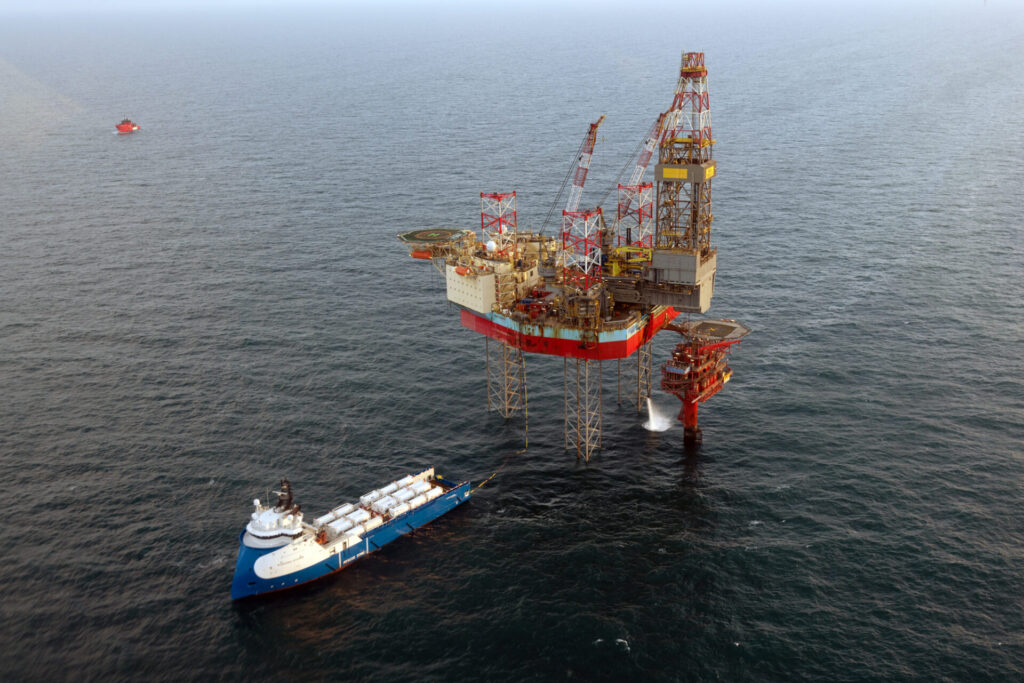
|
On 8 March 2023, a carbon capture and storage (CCS) milestone was passed in Denmark when CO₂ emissions from Antwerp, Belgium were successfully injected into the depleted Nini West oil field in the North Sea.
|
“We welcome this development. If CCS is to help us to achieve our climate goals, we need to start storing CO₂ as soon as possible, and we need CO₂ storage at a gigatonne scale. Projects like Greensand are crucial for driving this work and paving the way for future projects. Congratulations to our Danish neighbours on this fantastic milestone!” said NCCS Centre Director Mona Mølnvik.
|
|
|
|
Rock Physics testing of samples recovered from the Norwegian Mid-Continental margin during IODP Expedition 396
|

|
Last year, NCCS PhD student Peter Betlem joined the the International Ocean Discovery Program’s JOIDES Resolution scientific drill ship. He has now written a full report on his work testing the rock physics of the mini core samples gathered on this expedition.
|
|
|
|
NCCS PhD student wins Petroleum Geoscience's "Early Career" award
|

|
Congratulations to NCCS PhD student Nora Holden for being awarded the "Early Career" award by Petroleum Geoscience for her paper: “Structural characterisation and across-fault seal assessment of the Aurora CO₂ storage site, northern North Sea.”
|
|
|
|
Improved engineering method for the safe design of CO₂ pipelines
|
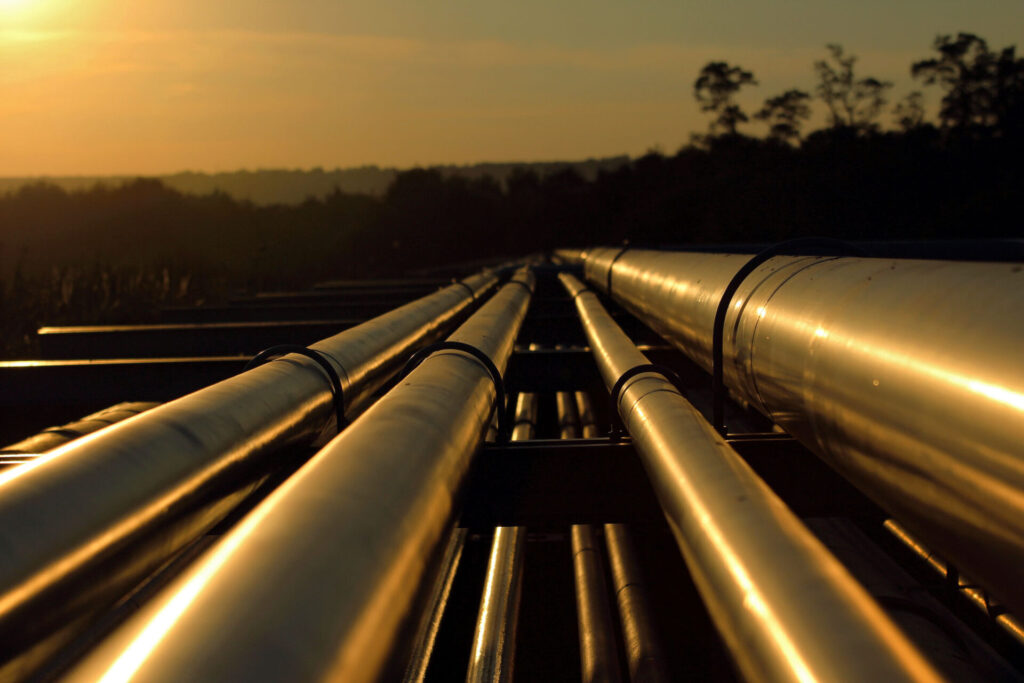
|
CO₂ capture and storage (CCS) is a promising solution for reducing CO₂ emissions and mitigating climate change. However, before CCS can be widely deployed, a large network of high-pressure transport pipelines must be established to transport the captured CO₂ to storage sites. An essential aspect of pipeline design is avoid running ductile fracture (RDF), which is when a pipeline defect develops into a fracture under pressure forces from the escaping fluid.
|
|
|
|
How can we decarbonise cement production?
|
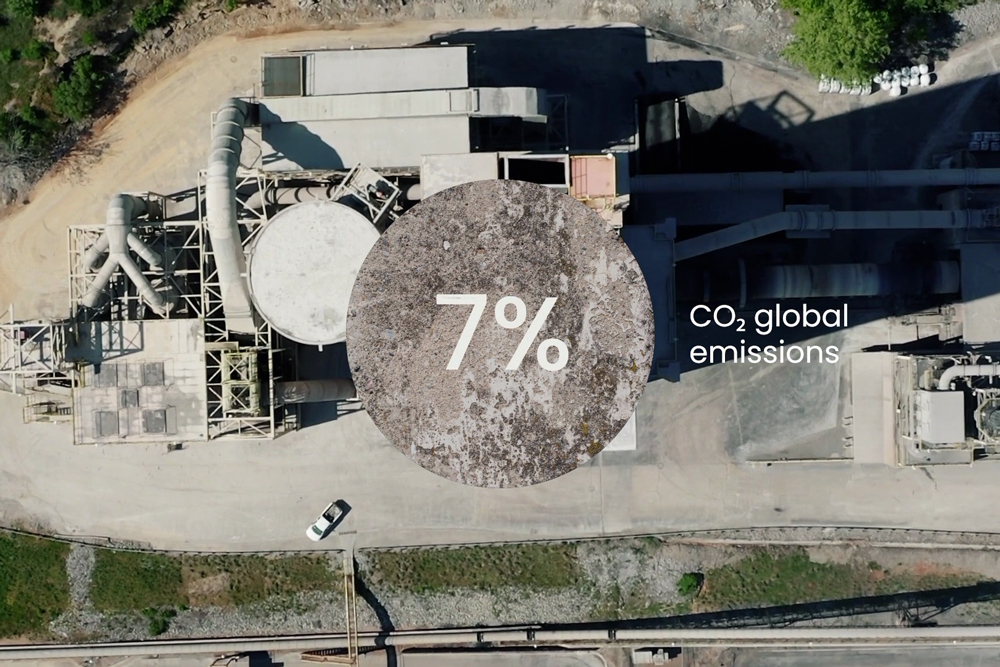
|
Project ACCSESS is an NCCS spin-off project that aims to make carbon capture and storage more accessible as a tool for decarbonising European cities by focusing on four industries: cement, waste-to-energy, pulp and paper, and biorefineries.
|
As part of their work to increase the social acceptance of CCS, ACCSESS has produced a video explaining how CCS can contribute to decarbonising hard-to-abate industries like cement.
|
|
|
|
NCCS on podcasts
|
- NCCS on the “Energipodden” podcast
On 10 February 2022, NCCS Centre Director Mona Mølnvik was interviewed on Energipodden podcast. She was asked questions about how CO₂ capture and storage actually works, and whether this can contribute to carbon-neutral oil and gas extraction and use.
|
|
|
|
#throwbackthursdays
|
NCCS has a high level of activity, both in the form of research excellence and industry collaboration, as well as political influence, education and outreach. In order to keep our followers up to date on the work we have carried out, we are launching #throwbackthursday on our LinkedIn to reshare some of the highlights from the past six years.
|
Here's what we've shared since the last newsletter:
|
- CCS has a branding problem - we need a solution
CCS means many things to many people, both inside and outside of science and industry. Here at SINTEF, we refer to the collective technologies of CO₂ capture, transport, and storage as CCS. One of the big reasons is that within Norway, the term CCS doesn’t have many other uses. But that’s not the case globally.
|
|
|
|
|
|